Blog article
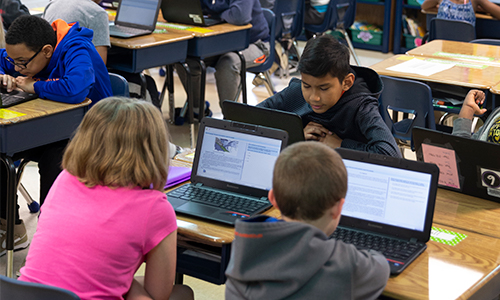

Rethinking school performance with Dr. Andrew Hegedus
In this interview, Andy Hegedus shares the origins of his study exploring the relationship between poverty and school performance, implications for educators, and where his research is headed next.
By: Andrew Hegedus
Topics: Equity, High-growth schools & practices
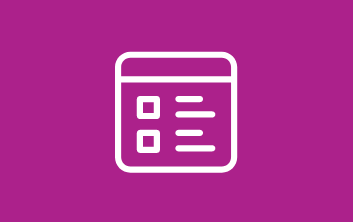

How Teachers and Families Can Help Students Build Reading Fluency Over the Summer
In this Education Post article, Cindy Jiban discusses research showing that kids in the primary grades typically return from summer break with slower and less accurate oral reading. But this doesn’t have to be the case: we can set kids up for growth in fluency instead.
Topics: Seasonal learning patterns & summer loss, Academic content, Reading & language arts
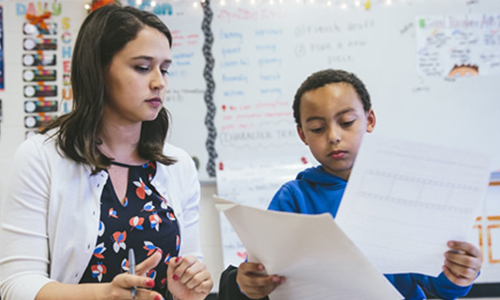

Seven successful strategies for literate assessment
Beth Tarasawa and colleagues share research-based assessment practices that support classroom learning.
By: Beth Tarasawa
Topics: Empowering educators


Student test engagement and its impact on achievement gap estimates
In this Brookings Institute Chalkboard blog, James Soland shares his work investigating how student test engagement may shape achievement gaps.
By: James Soland
Topics: School & test engagement, Student growth & accountability policies
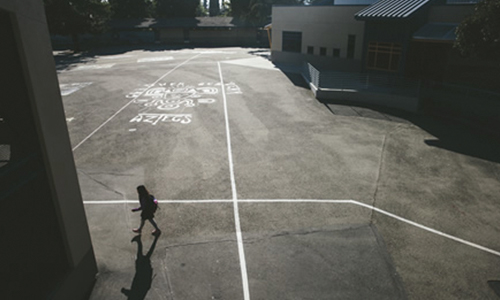

New NWEA Research Explores the Relationships Between Poverty and School Performance
Learn what research shows about how the use of achievement data as the predominant metric for determining school success may perpetuate education inequity.
By: Andrew Hegedus
Topics: Equity, High-growth schools & practices
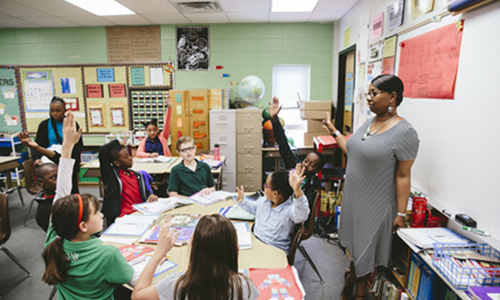

Three research-based culturally responsive teaching strategies
Strategies from the Multnomah County Partnership for Education Research can help strengthen student-teacher relationships and improve student achievement.
By: Beth Tarasawa
Topics: Empowering educators, Equity
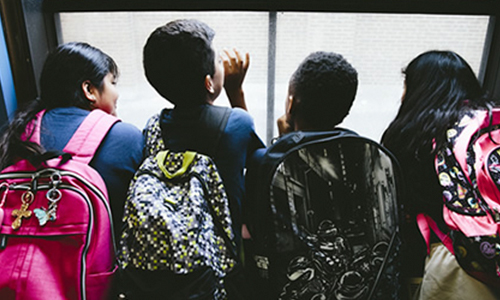

Summer learning loss: Does it widen the achievement gap?
Megan Kuhfeld shares work exploring how differing patterns of summer learning loss or growth may impact academic achievement gaps.
By: Megan Kuhfeld


